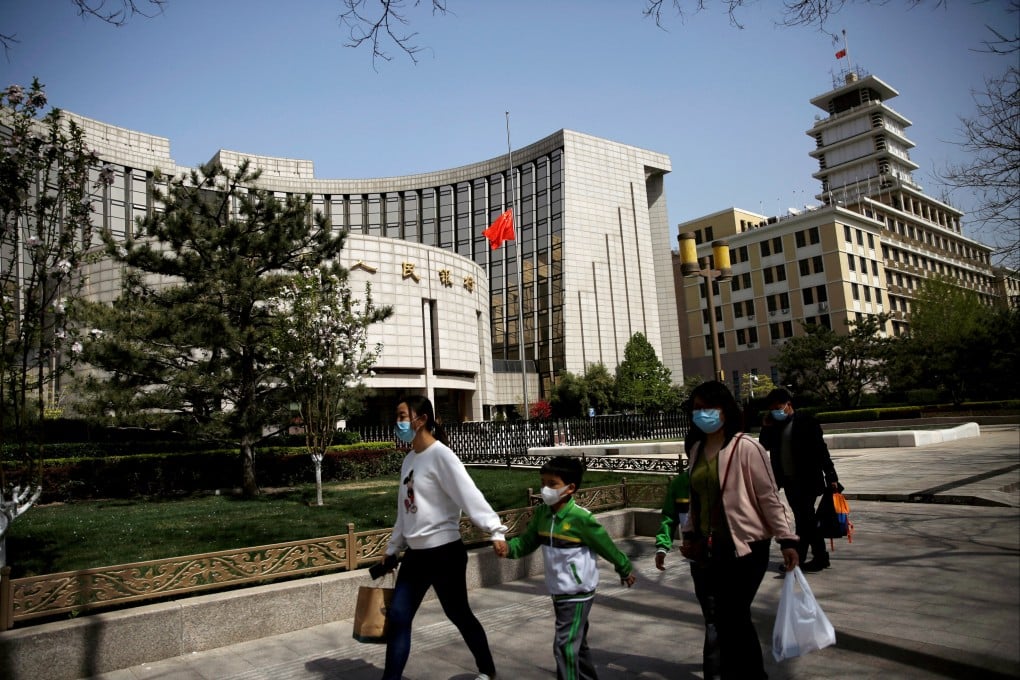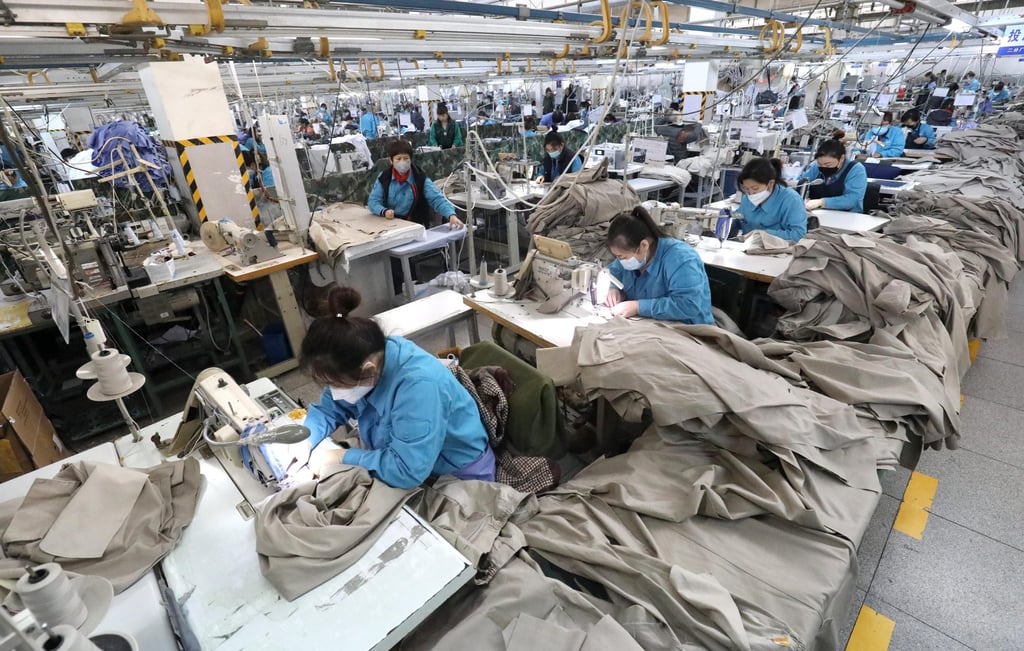China needs to regain trust in capital to get its economy growing again
- The shift from ideology to pragmatism in economic management by Deng Xiaoping unleashed a boom in private entrepreneurship in China
- However, the confidence that Chinese private entrepreneurs had in Beijing to protect their interests has somewhat weakened in the past decade

Trust between the Chinese Communist Party and capitalists can be fragile, according to orthodox Marxism, because from an ideological perspective, the ultimate goal of all communists is to abolish private property while capitalists want otherwise.
The reality, however, is very different. From an historical viewpoint, ever since Deng Xiaoping decided to embrace economic liberalisation in the 1970s, China has been gradually abandoning ideology in economic management.
The shift to pragmatism unleashed a boom in private entrepreneurship. “To get rich is glorious,” Deng told his country decades ago. Today, the private economy accounts for 80 per cent of jobs and 60 per cent of economic output in China.

A new social class made up of private business owners has emerged, and Beijing has showered them with encouragement. Successful entrepreneurs are absorbed into the legislature and political consultative committees in the municipal, provincial and even national level. Laws and regulations, including the Chinese Constitution, have been amended to give the private economy equal status with the state sector.
Under former president Jiang Zemin, capitalists began to join the Communist Party, with many private company bosses proudly adding “party committee secretary” to their names cards, along their usual titles such as board chairman or general manager.
The party and Chinese capitalists got along exceptionally well in an unlikely, but happy marriage. The ruling Communist Party recognises the role of private entrepreneurship in promoting growth and creating jobs, while private businesses have in turn helped the authorities achieve their strategic developmental goals. This alliance helped the nation rise as a global economic power.
However, the confidence that Chinese private entrepreneurs had in Beijing to protect their interests has somewhat weakened in the past decade.
